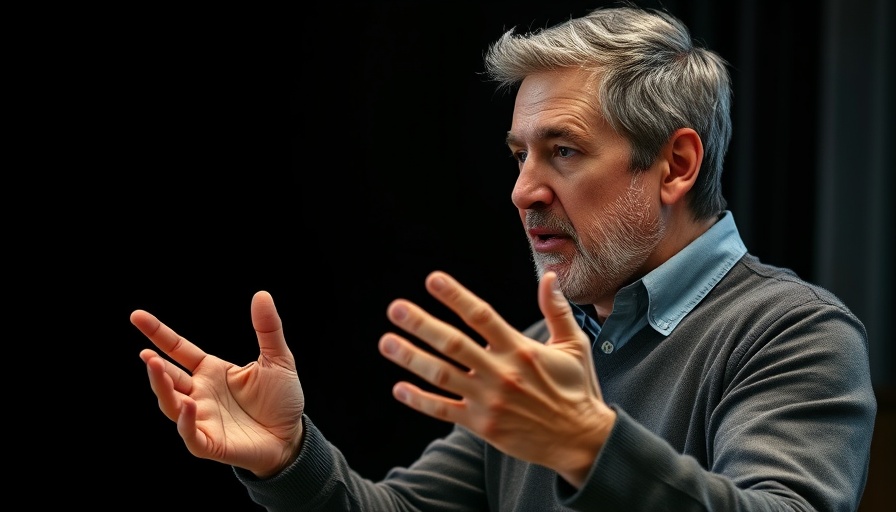
A New Era: Embracing AI as Partners
As artificial intelligence (AI) continues to evolve, exciting discussions emerge about the role humans will play in this unfolding narrative. Yann LeCun, Meta's chief AI scientist, advocates for a vision where humans remain dominant in their interaction with increasingly powerful AI systems. During an enlightening session at Nvidia's GTC conference, he challenged the perception of AI as a potential threat, emphasizing that the relationship between humans and tomorrow's superintelligence will be collaborative rather than adversarial.
AI: Power Tools for Human Advancement
In a light-hearted yet profound analogy, LeCun remarked that AI is not designed to replace humans but rather to act as "power tools." This perspective aligns with the vision proposed by Nvidia's chief scientist, Bill Dally, who believes that AI can augment human capabilities rather than negate them. LeCun expressed optimism about a future where humans supervise advanced AI, guiding its capabilities to enhance productivity. This notion counteracts the often sensationalized fear of a dystopian takeover by AI systems.
Challenging the Doomsday Narrative
While many in the tech industry raise alarms about the dangers of AI, LeCun stands apart. He perceives doomsday scenarios as unrealistic, stating that they result from fiction rather than factual science. He described the potential emergence of artificial superintelligence as a gradual process, absent a clear directive for its development today. This view invites reexamination of prevailing narratives surrounding AI's rise, igniting a healthy discourse about our relationship with technology.
Designing Better AI: The Key to Safety
LeCun acknowledges the risks associated with AI systems, especially regarding reliability. However, he asserts that the solution to these issues lies in developing "better AI." He advocates for incorporating common sense and reasoning capabilities that would allow systems to assess their reliability and correctness independently. This proactive approach illustrates how AI can be refined to avoid pitfalls while acting as supportive partners in various domains of life.
Shaping Friendly AI: A Collaborative Future
In his vision, the future of AI will foster a relationship marked by collaboration and mutual growth. By addressing AI's limitations through innovative architectures and methodologies—like self-supervised learning and world models— researchers can bridge the cognitive gap between machines and human intelligence. This growth not only benefits advancements in technology but also opens the door to greater cultural and linguistic diversity in AI systems, ultimately enriching human experience.
The insights from LeCun spark curiosity about future possibilities with AI. As technology evolves, staying informed and engaged with these developments will empower individuals, businesses, and communities to harness AI's potential responsibly. It’s time to shift our perspective on AI—from one of fear and ownership to one of partnership and control.
 Add Row
Add Row  Add
Add 




 Add Row
Add Row  Add
Add 

Write A Comment